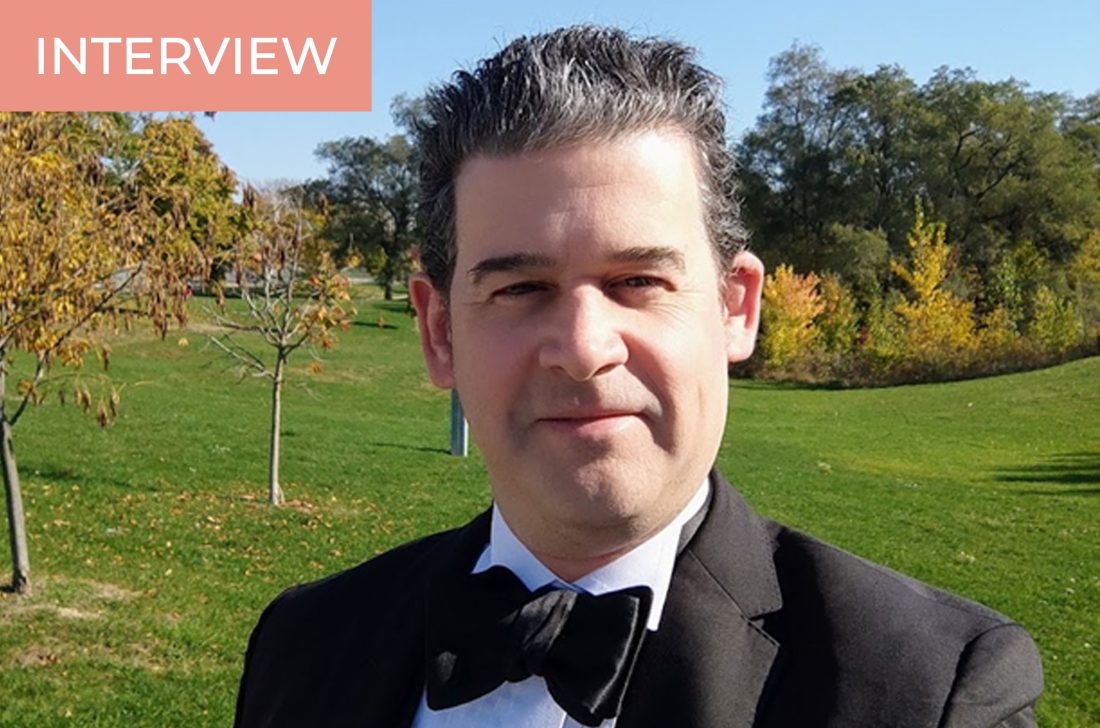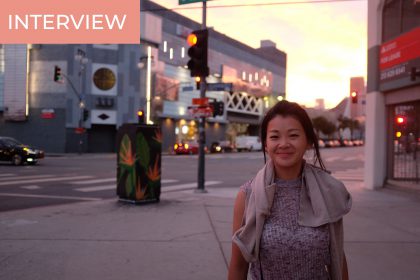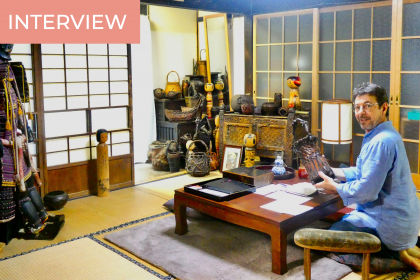Investing and saving for retirement is an intimidating prospect, even in your home country. Add in the layers of complexity that come with retiring as a foreign resident abroad, and you may be tempted to give up on the endeavor entirely. That would be a grave mistake, as Ben Shearon, founder of RetireJapan, explains in the following interview.
A fateful conversation with a friend inspired him to launch RetireJapan in 2013. Since then, RetireJapan has become the most prominent and reliable source of English-language information on personal finance in Japan. In this interview, we discuss the perception of investing in Japan, specific challenges that foreign residents (especially Americans) face, common misconceptions about Japan’s National Pension plan, and more. Whether you are planning to spend your life in Japan or already live here, this interview will provide you with the clarity, resources, and actionable advice you need to start taking control of your financial future.
The Evolving Perception of Investing in Japan

First, let’s establish a baseline: how do Japanese citizens typically build wealth, invest, and save for retirement?
Until recently, most Japanese people didn’t really invest. After the economic bubble burst, people pulled back from investing and came to perceive it as dangerous and irresponsible. In recent years, to combat this perception, the government has been making new kinds of tax-free investment accounts such as NISA [Nippon Individual Savings Account] and iDeCo [individual Defined Contribution pension plan] to encourage people to put their savings to work and supplement their pensions.
Overall, I would say that most people just keep cash. Traditionally, companies have also paid salaried workers retirement bonuses, although that might be changing now.
However, attitudes toward investment have started to change. If you watch television, you can see a lot of commercials for WealthNavi, a popular robo-advisor. Additionally, all sorts of celebrities on social media have started pushing investment and personal finance—even the FIRE movement (Financial Independence, Retire Early).
Investing as a Foreign Resident in Japan
Besides the obvious language barrier, what are common challenges that foreign residents face when attempting to save and invest in Japan?
For non-US citizens, investing in Japan is really nice, actually. There are no legal issues. All Japanese investment products are based on residency. As you mentioned, there is an issue with language, as I’m not aware of any major brokerage that works in English. To open and use an account, you need a baseline of Japanese ability or someone to help you. Sometimes, when you try to open an account, the brokers will do a spot check on your language ability. If you can’t read the terms and conditions in Japanese, you can’t legally agree to open an account. Even if you know Japanese well, you might not know financial terms, and this can be a barrier as well. Other than that, the main problem for foreign residents is a lack of information and a lack of support from family who may have the impression that investing is irresponsible or a form of gambling.
The US government taxes people based on nationality, not residency.
In your online content, you often mention that US citizens living in Japan should simply use American brokers. Why is this the case?
I’m not American, but I’ve met so many people that got into all sorts of trouble by not knowing this: the US government taxes people based on nationality, not residency. So, you have American citizens that are bound by US nationality-based tax laws and Japanese residency-based laws. Americans have to navigate both of those systems, and this causes all sorts of unintended consequences.
This means that for financial institutions in Japan, there is a danger in dealing with US citizens. If these institutions don’t process the paperwork properly, the US government will fine them, and these fines can be enormous.
Choosing individual stocks is not the best approach for most people. Most individuals are much better off with an index fund.
Does this mean that Japanese brokers will automatically refuse to do business with Americans?
It’s a bit more nuanced than that. There are two issues here. The first one is that the IRS [The US Internal Revenue Service] deals with non-US collected investments, PFICs, [Passive Foreign Investment Companies], very punitively. Basically, any Japan-listed mutual fund, index fund, or even shares of certain conglomerates would be treated as a PFIC by the IRS. The problem is that the IRS doesn’t publish a list of what it considers to be a PFIC, and the Japanese companies don’t indicate this information either, as it’s not relevant to most of their investors.
So, one might think, “Why don’t I just buy US stocks in Japan?” Unfortunately, you can’t do this. The brokers won’t sell them to you because they’d have to file a lot of paperwork with the US government.
So, as a US citizen, the brokers will sell you Japanese index funds, but you’ll likely get in trouble. On the other hand, they won’t sell you US stocks, which you wouldn’t get in trouble for. This leaves most Americans in Japan with the option of buying individual Japanese stocks. However, choosing individual stocks is not the best approach for most people. Most individuals are much better off with an index fund. Even if you tried to buy individual stocks, you might not have access to the kind of information you would need to choose stocks effectively.
So, at the end of the day, it’s probably easier to just maintain an account with a US broker and make sensible investments that way. This will also keep your taxes simple in both countries.
There’s a non-partisan group, American Citizens Abroad, that is lobbying to change this situation. I always recommend that Americans join that group. If they succeed, this situation may improve in the future.
Japan’s National Pension System Explained
It’s almost a cliché at this point, but some people are still under the impression that joining Japan’s National Pension System is optional. It’s not optional.
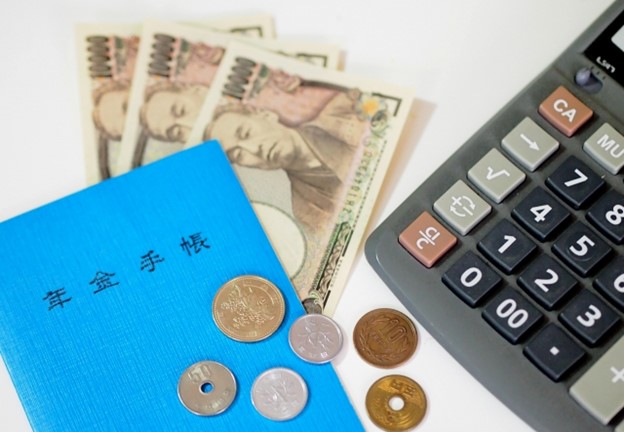
You have a unique, positive, stance on Japan’s National Pension system, a program that many foreign residents have issues with. Could you explain your opinion?
It’s almost a cliché at this point, but some people are still under the impression that joining Japan’s National Pension System is optional. It’s not optional. Everyone living in Japan should register and pay unless they’re given an official exemption, which you can apply for if you have a low salary or are going through difficult circumstances. Besides this exception, everyone needs to be paying into the plan. Most people participate through their job—the Shakai Hoken [Social Insurance] system. Freelancers should join the Kokumin Nenkin [National Pension] system.
The reason I talk about pensions so much is because I’ve had conversations with people who are in their 60s and don’t have a pension because they never joined the program and don’t have savings—they never thought about putting away money when they were younger. At this point, they’re in a difficult, stressful situation where they’re going to have to work for as long as they possibly can.
Obviously, the National Pension system is not fantastic, but it gives you a baseline—an income floor that will at least allow you to eat. The argument against it—that people would be better off investing that money on their own—assumes that 20-year-olds are actually going to do that. We know they won’t. I joined the pension program when I came to Japan at age 22, and I started thinking about personal finance in my 30s. So, there’s 10 years of pension contributions that I would have otherwise drunk away [laughs].
It’s a bad faith argument to say that, in an ideal world, a person could have invested the money better because that’s not what we’re talking about. Pensions and investments don’t really work in the same way. A pension is stable and secure. It might offer a lower yield, but you can depend on it, and it’s guaranteed to be paid out until you die.
That makes sense. However, a lot of people simply feel that this system is a poor return on investment, especially considering economic and demographic issues such as inflation and population decline. Do you think we’re getting a good return on what we’re investing into the pension system?
Your pension is not optional, so it’s basically a tax and not an investment. You can’t just stop paying your income taxes if you don’t feel like you’re earning a good return. The only difference is that in Japan, the enforcement of pension payments has been weak. However, these days, that’s changing. For example, now, if you want to apply for permanent residency, you have to show that your pension payments are fully paid up.
In the end, we’re talking about social insurance: everyone pays into the system. Some people get more, and some people get less, but it provides that baseline level of support. By the way, the Kokumin Nenkin is not particularly expensive [16,590 yen per month for fiscal year 2022]. And it grants—assuming you’re not American—access to iDeCo, which is a wonderful tax-advantaged retirement vehicle. On top of that, pension payments are tax deductible. Overall, I think the pension is just something certain people have gotten used to not paying, and they are trying to justify that.
RetireJapan vs. Financial Advisors
Retire Japan was born from your friend’s experience with a financial advisor. However, I noticed that you now offer coaching sessions on your website. How are these sessions different from the financial advisement services that you often caution against?
To be fair, my friend was happy with the service he was receiving. He was investing for retirement and paying into his pension every month. However, I got angry because I could see that this arrangement wasn’t really in his best interest. To be clear, I’m not saying that the advisor was scamming him or anything like that. I just thought they were taking too much. However, for my friend, it was better to have this bad arrangement than no arrangement at all. He was getting something out of it, but he should have earned much more.
As for my services, there are two huge ways in which they differ: incentives and disclosure. Incentives matter because they change behavior. Roughly speaking, there are three kinds of advisors. There are advisors that will recommend things to you for free. Then there are advisors that work for others—someone who works for a bank, for example. Finally, there are advisors that work for you directly because you are paying them. The best option, by far, is the advisor that you’re paying directly. They serve you and not someone else, and they’re not working on a commission.
Most free advisors are getting a commission from the companies that provide the products they promote. That means it’s in their interest to recommend financial products that pay a large commission instead of the products that are a good fit for their customers. Any commission they earn is coming out of your profits, and this arrangement is not always disclosed clearly. Sure, over time, you could still make a profit in this situation, but you could earn more money by investing in an index fund on your own.
Are your services in the third category: people paying you directly for advice?
I don’t even give advice because I’m not a licensed financial advisor. Instead, I answer questions and I explain what options people have. This is mainly based around what kind of accounts they can open in Japan and how they fit together. People are paying me for my time—I’m not trying to sell them any particular financial products and I’m not taking any commissions from anyone.
Ninety percentof my website, RetireJapan, is free: the blog, the forum, the YouTube channel, and so on. I do sell e-books and coaching. However, busy people with high incomes and not a lot of time are perfectly happy to pay for a shortcut: someone to speak with them, explain their options, and answer questions quickly. That’s the value of the coaching service. But there’s nothing secret there—nothing you can’t get by spending a few hours on the blog or in the forum.
First Steps toward Financial Freedom in Japan
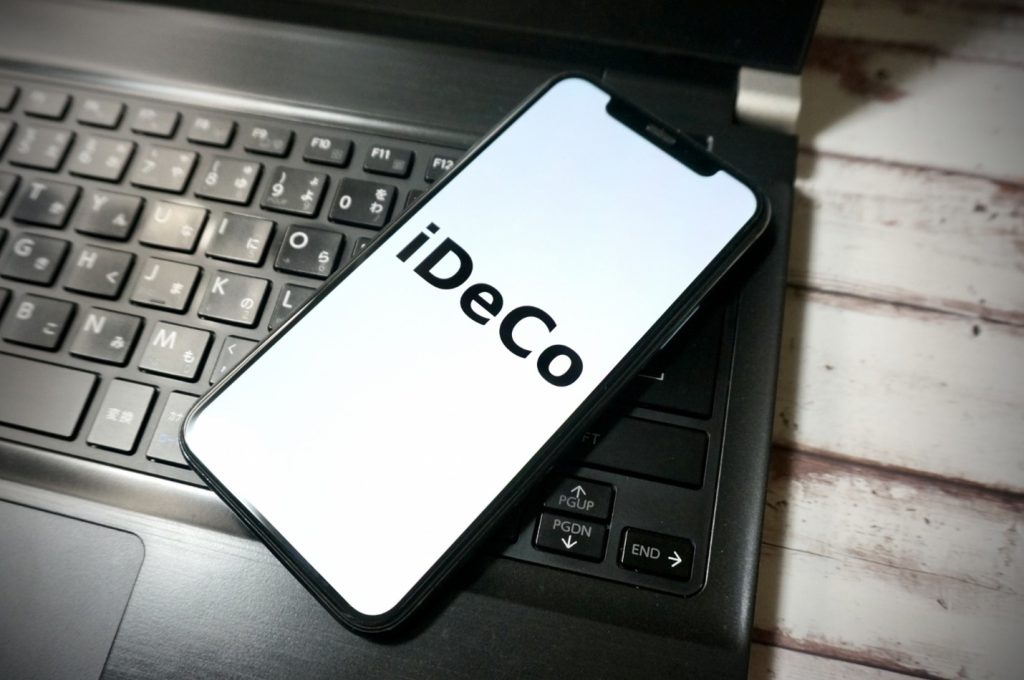
In addition to Retire Japan, can you recommend additional resources that would help foreign residents with long-term saving and investing?
There’s not much out there in English, which is why I started RetireJapan. There are, however, two resources that spring to mind. The JapanFinance subreddit page is pretty good if you have questions—especially for Americans.
The other resource is an offshoot of RetireJapan, started by one of our members: RetireWiki.jp. There’s detailed and up-to-date information there that can be difficult to get from a blog or forum.
Large goals, such as saving enough money for retirement, are best tackled in small steps. What first, actionable step would you recommend for foreign residents in Japan who want to start saving for the future?
I always tell people to take it slowly, especially when you’re starting out. This is because the worst outcome is investing all your savings in something that doesn’t go as you expected, and as a reaction, pulling out all your money at a loss, never to invest again.
Non-Americans can start investing in iDeCo for as little as 5,000 yen a month. You can invest in NISA starting at just 100 yen a month. Wherever you are in the world, the first step is to open a broker account and just start depositing a tiny amount of money every month. By opening an account, figuring out what to invest in, and seeing what happens, you’ll learn so much about the investing process and yourself. From there, it’s easy to slowly increase your contributions over time.
Without taking action, you’re not going to learn. You could sit there reading books for years or you could open a broker account and start investing. If what you choose initially doesn’t work out, you can adjust and try something else.
Personal finance isn’t something where you make a plan and you’re stuck with it forever. You make a plan, circumstances change, and then you come up with a new one. It’s similar to what Dwight D. Eisenhower once said: “In preparing for battle I have always found that plans are useless, but planning is indispensable.”

